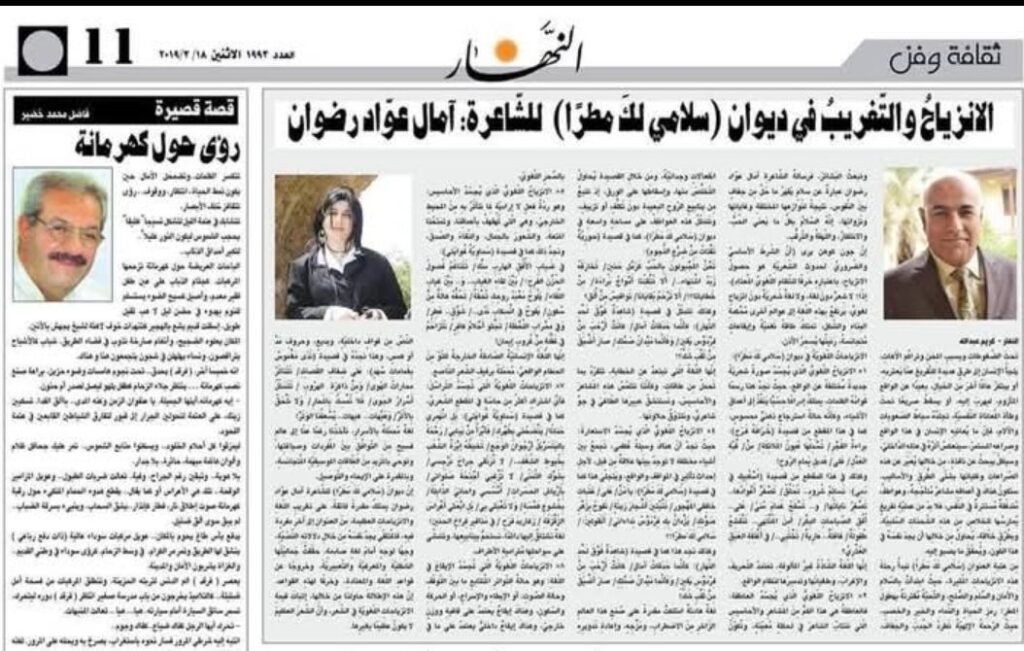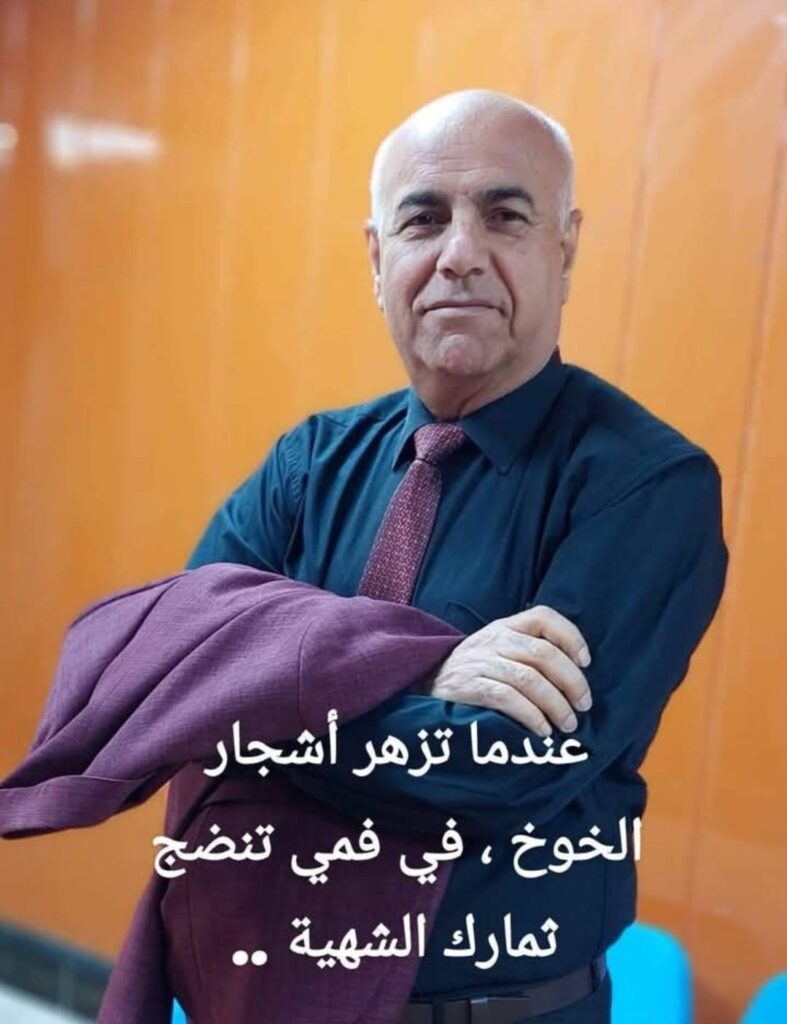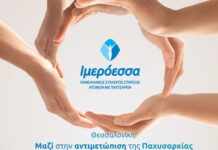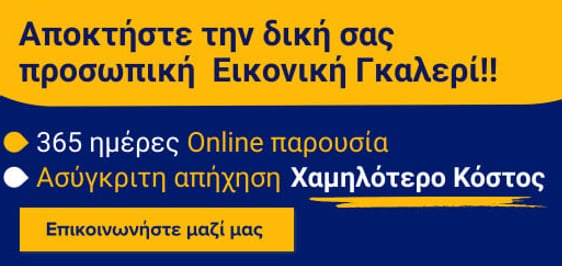By: Kareem Abdullah-Iraq
Introduction: Eva Lianou Petropoulou’s poem “Voices” offers a profound exploration of the paradoxical nature of human emotions and responses in different situations. The poem presents a series of thought-provoking questions, drawing attention to the complexities of human behavior in the face of both joy and suffering. Through its introspective tone and concise structure, the poem challenges the reader to reflect on the deep connections between emotional expression, the human mind, and the concept of free will.

Analysis:
Title – “Voices”: The title immediately introduces the theme of communication and internal dialogue. “Voices” can be interpreted as a reference to the various calls for help, freedom, and peace that people make, but also to the internal voices that dictate how we react to different emotional states. The plural form of “Voices” suggests the multiplicity of perspectives and experiences, implying that the poem is not only about individual experiences but also about collective human emotions and struggles.
Theme of Contradiction in Human Emotion: The central theme of the poem revolves around the contradiction in human emotional responses. The poet asks, “But why we cry in our happy moments / And laugh…..when we are in a very difficult situations?” This rhetorical question serves as a powerful paradox that challenges the reader’s assumptions about the nature of human emotions. Typically, crying is associated with sadness, and laughter with joy; however, the poet disrupts these associations to point out how human beings sometimes react in unexpected ways. This highlights the complexity of human psychology and the ways in which people navigate their emotional landscapes.
Self-Defense and Human Instincts: The poet suggests that perhaps this contradictory emotional behavior is a form of self-defense. The line, “Maybe this is the self defense of our organism,” introduces an interesting psychological concept: the idea that our emotions, even in their paradoxical forms, may serve as protective mechanisms. This idea evokes the notion of the fight-or-flight response and the instinctual ways in which humans protect themselves from stress, trauma, or emotional overwhelm. The reference to “self-defense” could imply that emotions such as crying or laughing in inappropriate contexts might be subconscious ways of coping with internal or external pressures.

Exploration of the Human Brain: The line, “Still discovering the human brain,” reveals the poet’s awareness of the ongoing research into human cognition and emotion. The statement highlights the mystery of the human mind, which is still being explored by science. It suggests that despite our advancements in understanding the brain and human behavior, there is still much to uncover about the complex mechanisms that govern our thoughts, feelings, and actions.
The Concept of Free Will: The closing line, “What is certain… / It is that we have free will,” serves as a pivotal moment in the poem. After exploring the unpredictability of human emotions, the poet affirms the certainty of free will. Despite the paradoxical nature of human emotional responses, the poet suggests that we still retain the power to make choices and exert control over our actions. This line introduces an element of empowerment, emphasizing that, regardless of how complex or contradictory our emotions may be, we are not entirely at their mercy. The affirmation of free will serves as a reminder of human agency in a world that can often feel chaotic and uncontrollable.

Conclusion: Eva Lianou Petropoulou’s “Voices” offers a rich and thought-provoking meditation on the complexity of human emotions, the mysteries of the brain, and the role of free will in shaping our responses to life’s challenges. Through its paradoxical statements and rhetorical questions, the poem invites the reader to reflect on the deeper, often contradictory, nature of human behavior. The poem’s ultimate message—despite the uncertainty and unpredictability of human emotions—is that we, as individuals, have the capacity for free will and can exercise control over how we respond to the world around us. In doing so, the poem not only engages with deep psychological and philosophical questions but also affirms the resilience and agency of the human spirit.
Voices
So many people cry for help
Cry for freedom
Cry for peace
But why we cry in our happy moments
And
Laugh…..when we are in a very difficult situations?
Maybe this is the self defense of our organism
Still discovering the human brain
What is certain…
It is that we have free will
Eva Lianou Petropoulou ( Greece )
She is an awarded author and poet from Greece with more than 25 years in the Literary field published more that 10 books.
Her poems are translated in more than 25 languages. She is President of creativity and art of Mil Mentes Por Mexico Association
Greece Mexico
Official candidate for Nobel Peace prize 2024

































